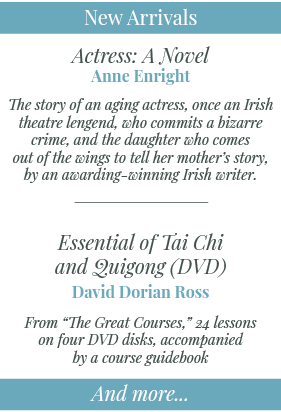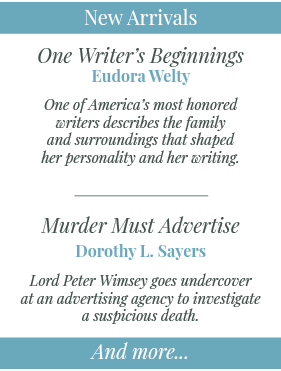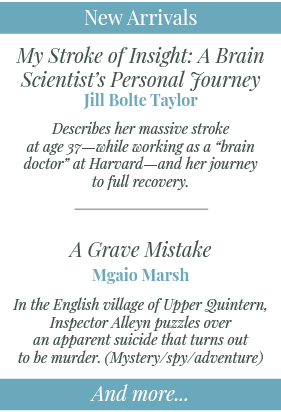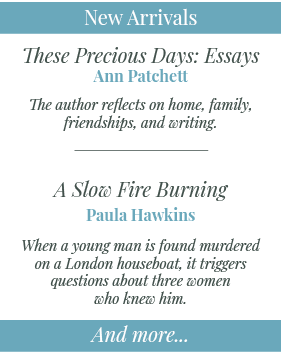Lord Peter Wimsey, amateur detective, was featured in 11 novels and a number of short stories by Dorothy L. Sayers. Several of these were adapted for film and appeared on Masterpiece Mystery in this country. Also known for her scholarship, and as a translator of Dante, Sayers was employed in an advertising agency for nine years between WWI and WWII. She drew on her experience as a copywriter in Murder Must Advertise, where Lord Peter goes undercover at one such agency, juggling two identities and lives while investigating a suspicious “accidental” death.
Based in the early twelfth century at the Benedictine Abbey of Shrewsbury in Shropshire, Brother Cadfael was the creation of Ellis Peters (pseudonym of Edith Pargeter), who popularized the sub-genre of historical mysteries. These novels also were adapted and appeared on Masterpiece Mystery in a series starring Derek Jacobi. A Morbid Taste for Bones introduces the former crusader soldier, now herbalist and monk, whose abilities and Welsh sensibilities are valued by his abbot and despaired of by the prior. In mid-1960s New Jersey, Mrs. Emily Pollifax—a widowed grandmother—decides that she wants to serve her country beyond her contributions to the local hospital auxiliary and garden club. Through an initial error, she becomes a courier for the CIA in The Unexpected Mrs. Pollifax—although the supposedly boringly safe and routine trip to Mexico turns out to be quite the opposite. Author Dorothy Gilman is known for her depth of research, displayed in the portrayal of countries and cultures in her Mrs. Pollifax series. Whether revisiting an old friend or discovering a new favorite sleuth, happy reading!
The advantage of using LibraryThing to create an online database (besides the advantage of it being free!) is that one can download records from the Library of Congress as well as many public and academic libraries from around the world. Not only does this save a great deal of time in entering data, but these records include the authorized subject headings that provide additional access beyond simply author/title. With LibraryThing, we may continue using our local classification system (Fiction, Biography, 1666 Authors) and also may supply additional search terms such as “Coffman Biography” and “Minnesota Fiction” to our records.
LibraryThing can be used by individuals not only to create a free inventory of their personal collections, but also to keep track of their reading. Some of my friends do this. When they finish a book borrowed from the public library, they go into their account on LibraryThing.com, download the appropriate record into it, and use the rating system included to track whether or not they liked the book. They also can look back to check which titles by prolific authors they’ve already read (Agatha Christie, Louise Penny, John Grisham, James Patterson, for example). There’s even an app for LibraryThing, so you can take your LibraryThing database with you to the library or to the bookstore on your smartphone. I started using LibraryThing not long after its 2005 debut because I would find myself attending a conference across the country, going into a used bookstore, and not being able to remember whether I had already found a copy of certain out-of-print texts for my personal research collection. Sound familiar? As of this writing, there are 2,698,748 members on LibraryThing. Besides the database option, there are reading groups and lists and reviews and much more. You can check it out for yourself at LibraryThing.com. |
NewsletterCoffman residents, signup for monthly updates from the Library! Thank you!You have successfully joined our subscriber list. Posts by Year
All
Posts by Month
July 2024
|



